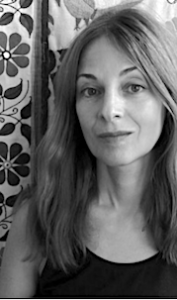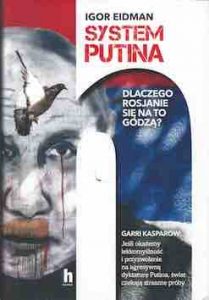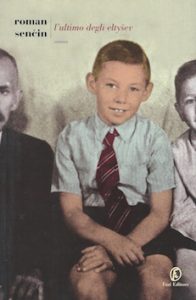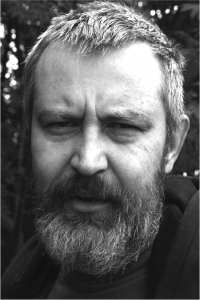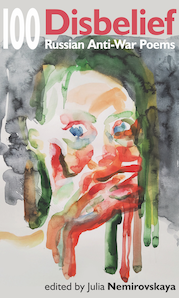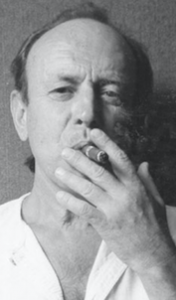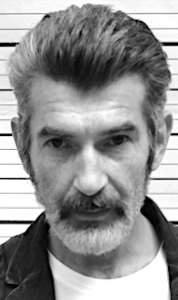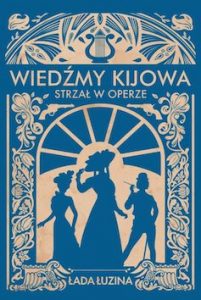
new publication
Vol 2 of the successful series published by Insignis/ Poland
Right in time for the Pyrkon Festival the second volume of Lada Luzina’s series WITCHES OF KYIV has been published by Insignis. Luzina attended the festival and was warmly welcomed by her Polish fans.

